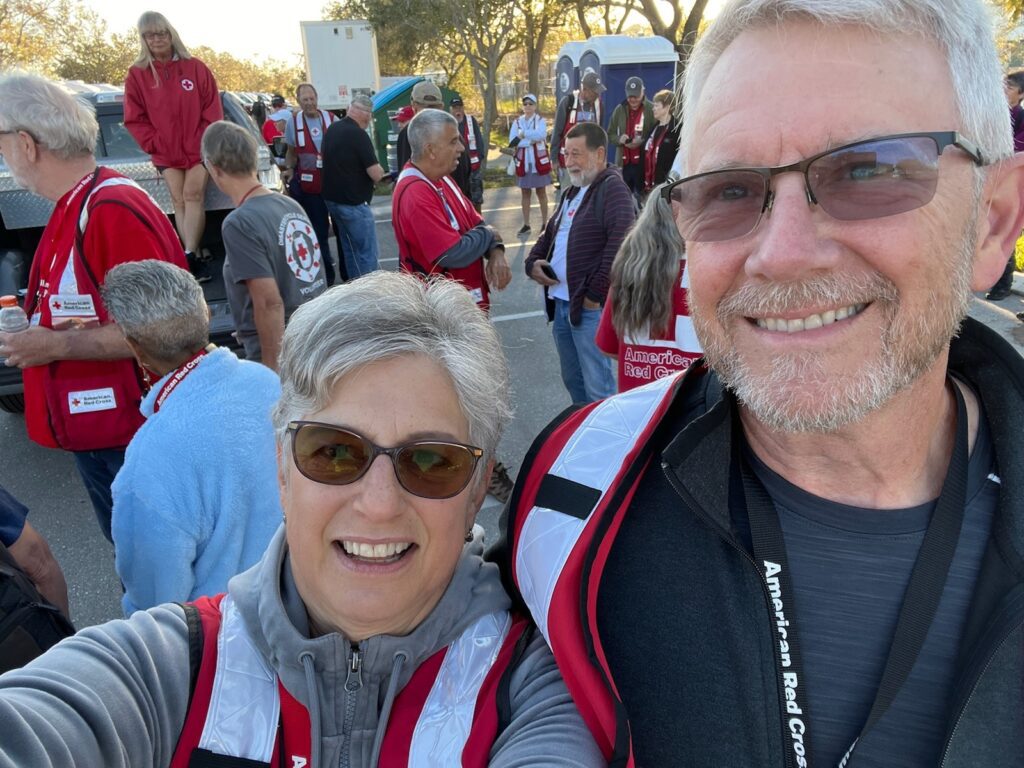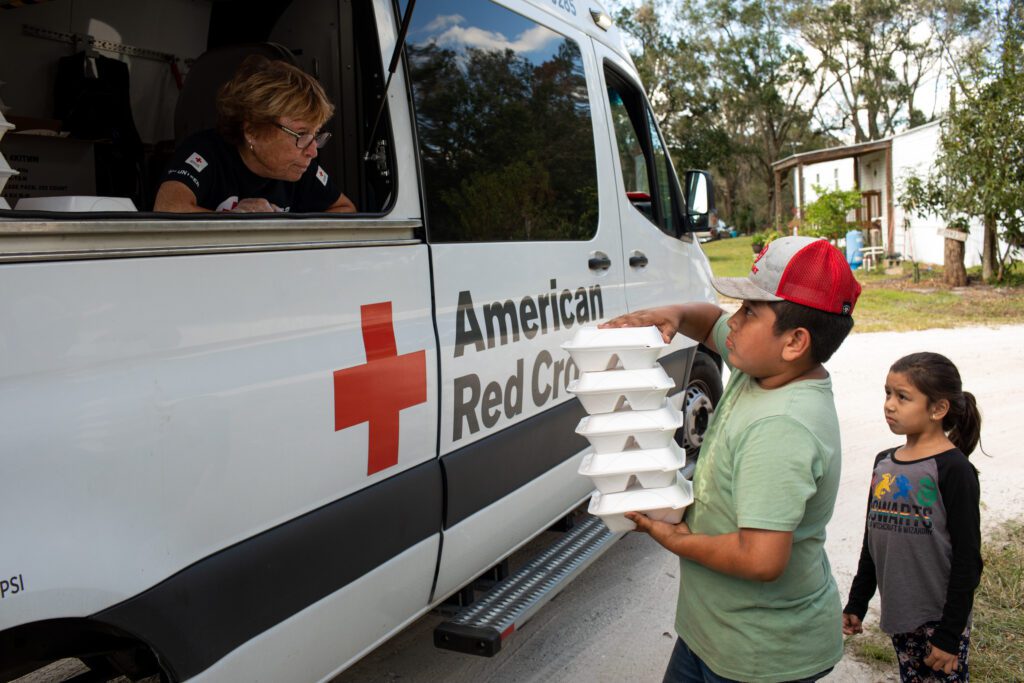Minnesotan Red Cross volunteers deployed to Florida for Hurricane Helene disaster relief
As Hurricane Helene approaches the Big Bend region of Florida, Red Cross volunteers from Minnesota are heading towards its path.
RELATED: Tracking Hurricane Helene
There are currently four Emergency Response vehicles and 30 volunteers from the Minnesota-Dakotas region currently deployed to assist with disaster relief. This includes the Duluth Emergency Response Vehicle and crew of Gina and Jeff Rittgers from Mountain Iron, who left Thursday evening.

The Emergency Response Vehicle crews primarily go out in disasters and do remote food delivery.
“There’ll be a large kitchen set up, typically staffed and the cooking done by partners of the Red Cross. Then the Red Cross’s role is to do a lot of the mobile food distribution,” explained Dan Williams, the Executive Director of the American Red Cross Serving Northern and Central Minnesota. “So one of these emergency response vehicles and their crew can sometimes distribute as much as a thousand meals a day, hot meals to people impacted by a hurricane.”

Due to the size and strength of Hurricane Helene, the Red Cross already has Level 5 Operation in North Florida and Level 3 Operation in Georgia, the Carolinas, and in South Florida. For context, there are seven levels, and the two months of statewide flooding that occurred in Minnesota this spring was a Level 3 Operation.
“This combination of this very acute damage from storm surge, but then potential long-term power outage, long-term flooding damage, long-term wind damage in very far inland areas that might not have the same emergency management response capabilities or social safety net things of lots of other parts of the country. So there’s a big risk of this being a really long slogging response of people hurting for a long time,” said Williams.
Each Red Cross deployment typically lasts two weeks, with the Red Cross paying for transportation and shelter for volunteers as well as the cost of disaster support for those in the path of the hurricane.
“The most significant part of it, of course, is providing sheltering for people that are impacted by the storm, by the flooding, by the wind, feeding them, providing disaster health services support, disaster mental health services support,” said Williams. “I mean, it’s a very, a very traumatic experience that happens to individuals that are impacted.”
To make a financial donation or an appointment to give blood or platelets, visit redcross.org or call 1-800-RED-CROSS.